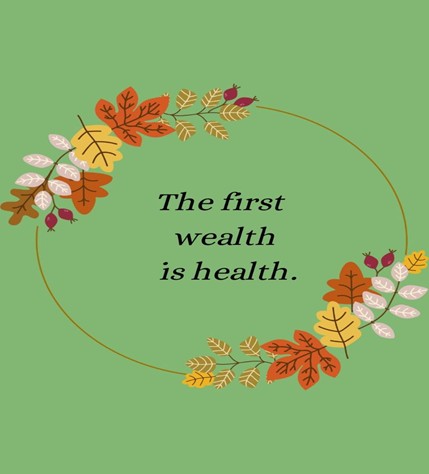No Food, No Aid, No Voice: The Struggle in Palestine

The alarm doesn’t wake people in Palestine, it’s hunger. A quiet, gnawing emptiness that refuses to wait. Mothers and fathers count the scraps of food they have left, stretching every bite, often skipping their own meals so their families can eat. People wait, anxious and exhausted, hoping today will be the day a meal arrives, knowing it may never come.
This is not a natural disaster. This is man-made suffering. Blockades, restricted access to basic supplies, and deliberate disruption of humanitarian aid make survival a daily struggle. Roads are blocked, checkpoints delay or prevent deliveries, and even when aid is sent, reaching families is not simple. People risk their lives just to get food. Many have been shot or injured while trying to collect basic supplies. Every day carries danger simply trying to survive can cost a life.
Markets are empty or unaffordable, forcing families to make impossible choices: who eats today, and who goes hungry? Lines for food and water are long and dangerous, with gunfire and violence threatening those waiting. Some neighboring countries have tried to help, sending food in bottles or packages over walls or into the sea, hoping it reaches those trapped. But even these efforts are risky and often limited.
Daily life is a constant negotiation with hunger, fear, and survival. Families ration what little they have, skipping meals, conserving food, and helping neighbors when possible. People live with constant fear that the sound of helicopters, checkpoints, or gunfire can stop a heartbeat. The psychological toll is immense fear, anxiety, hopelessness, and grief that settle quietly, alongside the rumble of empty stomachs.
Yet, amid this darkness, there is resilience. Communities organize local distributions wherever possible. Neighbors share what little they have. People invent ways to survive, stretching meals, conserving what they can, and finding strength in solidarity. But hope alone cannot fill empty plates or protect lives. Denied aid and constant danger make every day a fight for survival, and the cries of those suffering often go unheard by the world outside.
Starvation, violence, and the denial of basic rights in Palestine are avoidable, preventable, and human-made. Every empty plate, every silent cry, every lost life tells a story of injustice. These are not numbers; they are mothers, fathers, neighbors, and entire communities enduring unimaginable hardship. Hunger is not just about food; it is about life, dignity, and the fundamental right to survive without fear.
The world must see this reality. The suffering in Palestine is real, ongoing, and created by human decisions. And until the world acts to ensure access to food, safety, and basic rights, families will continue to endure what no human should ever have to face.
Empty plates. Silent cries. Threatened lives. Human-made suffering. And the world cannot look away.

